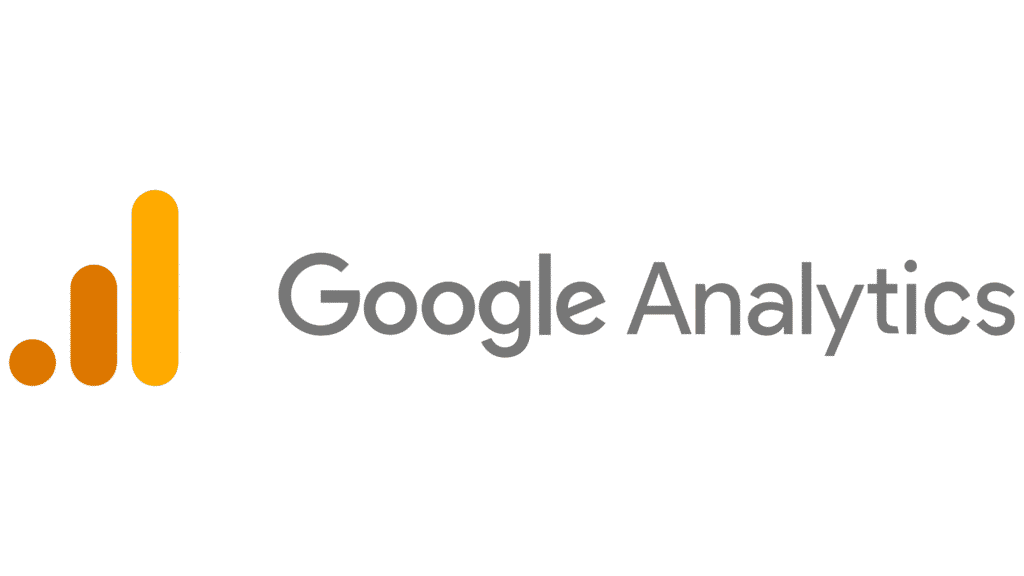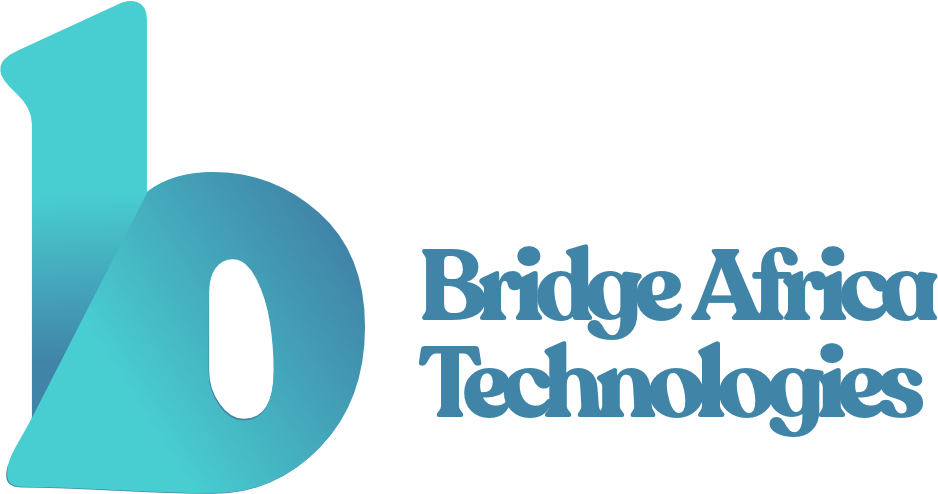Digital marketing apps have become super important for anyone wanting to succeed online. These apps help businesses and marketers manage their campaigns better, check how well things are going, and grow their marketing efforts without getting overwhelmed.
Even if it’s social media, SEO (which means making your website easier to find on Google), email marketing, or paid ads, there’s an app that can help.
In this article, I’ll share the top 10 digital marketing apps you should know about in 2025. These apps make marketing easier, faster, and smarter.
Table of Contents
Why You Need a Digital Marketing App
Trying to handle digital marketing all by yourself can be really tough nowadays. The internet moves fast, and there’s so much data to look at.
Doing everything manually means you might miss important details or waste time on things that don’t work. That’s where digital marketing apps come in. They help you organize your campaigns, see how well they’re performing in real-time, and keep you ahead of your competitors.
Plus, many of these apps work on your phone, so you can manage your marketing anytime, anywhere. This makes your work smoother and helps you respond quickly to changes.
Read Next: From Intern to Influencer: How to Get a Job in Social Media in 2025
Top 10 Digital Marketing Apps in 2025
Before we jump into the list, remember that each app is good at different things. Together, they cover almost everything you need to run a successful digital marketing campaign.
1. Canva

Best for: Creating eye-catching visuals and marketing materials
Canva is more than just a simple design app. It has evolved into a powerful creative workspace called Visual Suite 2.0 that combines presentations, documents, whiteboards, and spreadsheets all in one place. This means you can plan, design, and organize your marketing content without switching between different apps.
One of the coolest new features is Canva Sheets, which is like a spreadsheet inside Canva. It helps you turn boring data into beautiful charts and reports using AI-powered tools like Magic Charts and Magic Insights. For example, if you want to show how your marketing campaign is performing, Canva Sheets can automatically create easy-to-understand graphs from your data.
Canva’s AI tools, like Magic Write, help you create content faster by suggesting text or headlines, while Magic Studio at Scale lets you edit many designs at once, great for big projects like monthly social media calendars. The photo editor is also smarter now, letting you remove or change backgrounds with simple text commands.
All of this makes Canva a must-have for marketers who want to create professional-looking visuals quickly and easily, even if they’re not designers. It works on phones, tablets, and computers, so you can design anywhere.
2. Hootsuite

Best for: Scheduling and managing social media posts
Hootsuite is a popular app that helps you plan and schedule posts across all your social media accounts like Facebook, Instagram, Twitter, and LinkedIn. Instead of posting manually every day, you can set up your posts in advance and let Hootsuite publish them automatically at the best times.
It also gives you useful analytics to see which posts get the most likes, shares, or comments. Plus, if you work with a team, Hootsuite lets you collaborate easily by assigning tasks and managing messages in one place. This keeps your social media organized and saves you time.
You can use Hootsuite on your phone or computer, making it easy to keep your social media active even when you’re on the move.
3. Google Analytics

Best for: Tracking website visitors and performance
Google Analytics is the go-to app for understanding how people find and use your website. It gives you detailed reports about your visitors: where they come from, what pages they visit, how long they stay, and what actions they take.
With real-time tracking, you can see what’s happening on your site right now, which helps you react quickly to trends or problems. For example, if a new blog post is getting a lot of traffic, you can promote it more.
Google Analytics also tracks goals like sales or sign-ups, so you know if your marketing is working. It’s available on all devices, so you can check your website stats anytime.
4. Mailchimp

Best for: Automating email marketing campaigns
Mailchimp helps you create and send emails to your customers automatically. You can design emails using a simple drag-and-drop editor, so no coding is needed. It also lets you set up automated sequences, like welcome emails for new subscribers or reminders for abandoned shopping carts.
The app provides detailed reports on how many people opened your emails, clicked links, or unsubscribed. Mailchimp also includes basic customer relationship management (CRM) tools to keep your contact list organized.
It works on phones and computers, so you can manage your email marketing wherever you are.
5. HubSpot

Best for: Combining marketing, sales, and customer management
HubSpot is an all-in-one platform that helps you track leads, manage email campaigns, and organize your sales pipeline. It’s especially useful if you want to keep all your marketing and sales data in one place.
With HubSpot, you can create email templates, track customer interactions, and analyze how well your campaigns perform. It also offers automation to save time on repetitive tasks.
HubSpot is available on all devices, making it easy for your team to stay connected and productive.
Read Next: What is a Digital Marketing Mentor? Do You Need One?
6. Trello

Best for: Planning marketing projects and teamwork
Trello uses boards and cards to help you organize tasks visually. You can create lists for different stages of a project, assign tasks to team members, add checklists, and set deadlines.
This makes it easy to see what needs to be done, who’s responsible, and what’s finished. Trello also offers automation features to reduce manual work, like moving cards automatically when tasks are done.
It’s great for marketing teams to keep campaigns on track and communicate clearly. Trello works on phones, tablets, and computers.
7. Buffer

Best for: Simple and effective social media management
Buffer is a straightforward app for scheduling social media posts. It lets you plan your content calendar and publishes posts automatically at the best times for engagement.
Buffer also provides analytics to show how your posts perform and includes link shortening to make URLs look neat. Its mobile app makes it easy to post and track results on the go.
Buffer is perfect if you want a no-fuss tool to keep your social media active and organized.
8. SEMrush

Best for: SEO and competitor research
SEMrush is a powerful tool for improving your website’s search engine ranking. It helps you find the best keywords to target, analyze your backlinks (links from other websites to yours), and track your rankings over time.
You can also spy on your competitors to see which keywords they’re using and how much traffic they get. This insight helps you adjust your strategy to get ahead.
SEMrush works on all devices, making it a must-have for marketers focused on SEO.
9. Notion

Best for: Organizing marketing documents and ideas
Notion is like a digital notebook where you can write notes, create databases, and store files. It’s very flexible, so you can build your own system for managing marketing plans, content calendars, or brainstorming ideas.
Teams can collaborate in real-time, editing documents together and keeping everything in one place. This helps reduce confusion and keeps projects moving smoothly.
Notion works on phones, tablets, and computers.
10. Later

Best for: Planning and posting Instagram and TikTok content visually
Later is designed for visual social media platforms like Instagram and TikTok. It lets you plan your posts by showing a preview of your Instagram grid, so your feed looks attractive and consistent.
Later can automatically post your content, saving you time. It also provides analytics to see which posts perform best and includes a tool called linkin.bio that turns your Instagram bio into a clickable landing page for your links.
Later works on all devices and is perfect for brands focused on visual storytelling.
Read Next: How to Become a Marketing Content Writer in 2025 in 5 Simple Steps
How to Choose the Right Apps for Your Business
Picking the right apps can feel tricky, but here are some simple tips:
Know Your Goals: What do you want to achieve? More sales, more followers, or better engagement? Pick apps that help with your main goals.
Think About Money: Some apps are free, others cost money. Choose what fits your budget.
Check Compatibility: Make sure the apps can work well together so you don’t have to jump between too many tools.
Easy to Use: Pick apps that you and your team can learn quickly.
Can It Grow With You? Choose apps that offer more features as your business grows.
Support: Good customer support and a helpful user community can save you headaches.
Trends in Digital Marketing Apps for 2025
Digital marketing apps keep getting smarter. Here are some big trends in 2025:
AI Helps a Lot: Many apps now use artificial intelligence to analyze data, write content, and improve SEO. This saves time and makes marketing smarter.
Personalized Content: Apps can change what visitors see on your site or ads based on their behavior, making marketing more effective.
Finding Real Influencers: AI tools help find influencers who genuinely fit your brand, making partnerships more authentic.
Better Reports: Apps now combine data from different channels into easy-to-understand reports, so you can make better decisions.
Read Next: How to Start a Digital Marketing Business from Scratch in 2025
Conclusion
Choosing the right digital marketing apps can save you a lot of time and help your business grow faster. Start with a few apps that match your goals, and add more as you need them.
These tools not only make your marketing work easier but also help you connect with your audience in a more human way.
Frequently Asked Questions
1. What are digital marketing apps?
They are tools that help you manage and improve your online marketing, like posting on social media, sending emails, or checking website traffic.
2. Which digital marketing app is best for beginners?
Canva and Mailchimp are great for beginners because they are easy to use and have helpful guides.
3. Can I use more than one app at a time?
Yes. Many apps work together, and using a few can cover all your marketing needs.
4. Are these apps expensive?
Some are free with basic features. Paid plans offer more tools, but you can often start without spending money.

